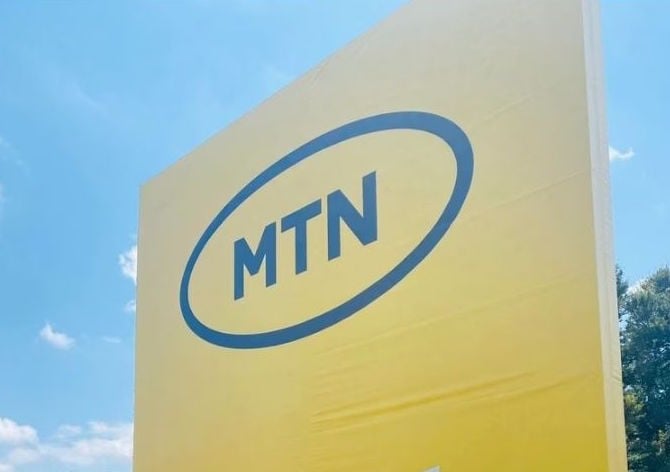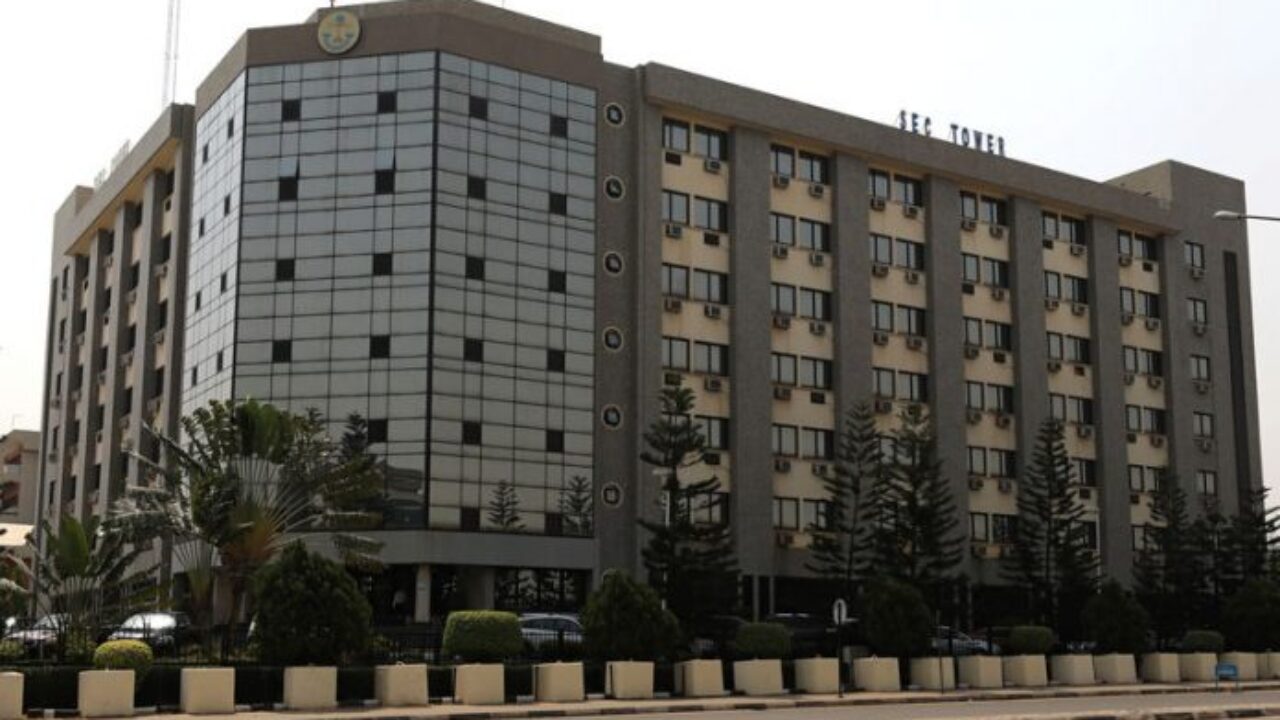Chiedu Ugbo, former managing director (MD) of the Niger Delta Power Holding Company (NDPHC), has called for the adoption of the independent transmission project (ITP) model to address Nigeria’s long-standing electricity deficit.
The ITP model allows the private sector to finance, build, and operate transmission infrastructure.
Ugbo, also a senior partner at Power Matters Consulting, spoke at a power sector summit organised by the house of representatives committee on privatisation and commercialisation.
The summit was convened to assess the progress of power sector reforms, address persistent challenges, and explore actionable strategies for improved sector performance.
Advertisement
Speaking at the event, Ugbo said the public treasury alone cannot fund the transmission grid’s rehabilitation and expansion needed for a stable electricity supply.
He said despite privatisation in generation and distribution, transmission remains wholly government-owned — a sector he said could benefit from public-private partnerships (PPPs), but is now one of the weakest links in the electricity value chain.
The ex-NDPHC MD proposed the ITP model as a prime opportunity for PPP intervention in the transmission segment, to mobilise private sector investment and expertise for modernising and expanding Nigeria’s transmission infrastructure.
Advertisement
“This model has been successfully applied in countries such as Brazil and India, where private capital has significantly expanded transmission infrastructure under clear regulatory frameworks,” Ugbo explained.
“Given the enormous cost of revamping Nigeria’s transmission infrastructure, it is evident that public resources alone are insufficient, and that private sector funding through ITPs is essential.”
Ugbo said the Electricity Act of 2023 provides a robust starting point for such innovation, having established a clear licensing regime for independent transmission providers.
‘NDPHC PROVES PRIVATE-PUBLIC TRANSMISSION MODEL CAN WORK’
The power expert cited the success of NDPHC’s high-voltage transmission projects as proof that the Transmission Company of Nigeria (TCN) can effectively collaborate with private sector partners to deliver transmission infrastructure.
Advertisement
For the ITP model to succeed, Ugbo said the key requirement is the establishment of commercially viable project structures with fair risk allocation.
“These must be backed by a strong political will, coherent policy direction, and robust regulatory oversight to create a stable and attractive environment for private investment in transmission,” he said.
Ugbo said the ITP model is a transmission-focused counterpart to the independent power producer (IPP) model.
He said early IPPs like the AES, Shell JV IPP, and Agip JV IPP, and more recently, the Azura-Edo IPP, catalysed improvements in Nigeria’s generation capacity by attracting private investment and building sector confidence.
Advertisement
Ugbo said the IPPs paved the way for the successful privatisation of PHCN successor generation companies, which increased installed capacity and improved performance.
The former MD said the ITP model provides a viable pathway for modernising Nigeria’s transmission infrastructure through private sector participation, clear regulation, and commercially bankable structures.
Advertisement
He said generation companies (GenCos) in Nigeria should be encouraged to champion the ITP model, given their vested interest in expanding evacuation capacity and improving system efficiency.
The federal government, on June 9, said it is actively developing a plan to shift the power sector to a fully cost-reflective regime.
Advertisement








